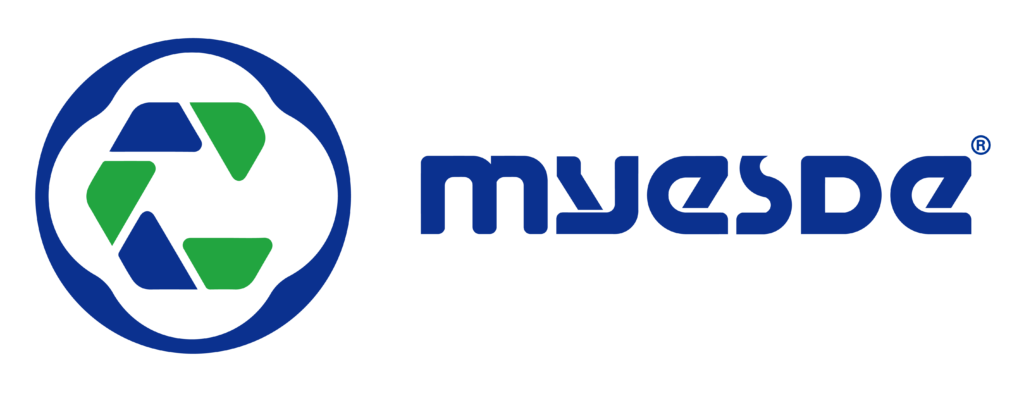Introduction
Maintaining a contamination-free environment is critical in cleanroom settings. One of the most effective tools for preventing the spread of dirt and particles is the cleanroom tacky mat. These sticky mats are essential for contamination control, especially at the entry points of controlled environments.
In this post, I’ll walk you through how to use cleanroom tacky mats properly, ensuring maximum cleanliness and performance. If you want to extend the life of your cleanroom and reduce particulate transfer, this guide is for you.

What Are Cleanroom Tacky Mats?
Cleanroom tacky mats are adhesive mats placed on the floor at cleanroom entrances or transition zones. Each mat has multiple peelable adhesive layers that trap dust and debris from footwear and wheels.
They are a low-cost, high-efficiency solution used in:
-
Semiconductor plants
-
Pharmaceutical facilities
-
Hospitals and labs
-
Lens and display production
Why Proper Use Matters
Improper use reduces effectiveness. Dirt can spread deeper into clean areas. That leads to more cleaning, contamination, and even compliance issues.
By using tacky mats correctly, you:
-
Maintain ISO cleanroom standards
-
Lower cleaning costs
-
Protect sensitive products

How to Use Cleanroom Tacky Mats
1. Choose the Right Location
Install mats at:
-
All entry/exit points to cleanrooms
-
Changing rooms and gowning areas
-
Transfer zones between clean and less-clean areas
Always place them on a flat, clean, dry floor.
2. Step the Right Way
-
Step with both feet, pausing briefly to allow particles to transfer
-
If you’re pushing a cart, make sure all wheels pass over the mat
3. Replace When Dirty
Each tacky mat has 30–60 adhesive layers. When the top layer is visibly dirty:
-
Peel off the dirty layer slowly and evenly
-
Discard it properly
-
Smooth the new layer down to avoid air bubbles
Replace layers more frequently in high-traffic areas.
4. Combine With Other Products
To enhance contamination control, use tacky mats with:
-
Cleanroom sticky mats at gowning areas
-
Cleanroom gloves to avoid hand contamination
-
Cleanroom wipes to clean mat surfaces and surrounding floors
-
Cleanroom swabs for tight floor corners

Best Practices for Cleanroom Tacky Mats
-
Use color-coded mats for different zones
-
Use anti-slip base mats to prevent movement
-
Train staff to always step on mats before entering
-
Monitor usage and replace layers before full contamination

Conclusion
Using cleanroom tacky mats properly is essential for contamination prevention. From placement to maintenance, each step ensures the mats serve their purpose.
Pair them with the right cleanroom wipes, swabs, and gloves to maintain a safe and compliant environment.
Looking for OEM or ODM cleanroom tacky mats or accessories? Contact us today to get custom solutions tailored to your industry needs!


-3.jpg)

